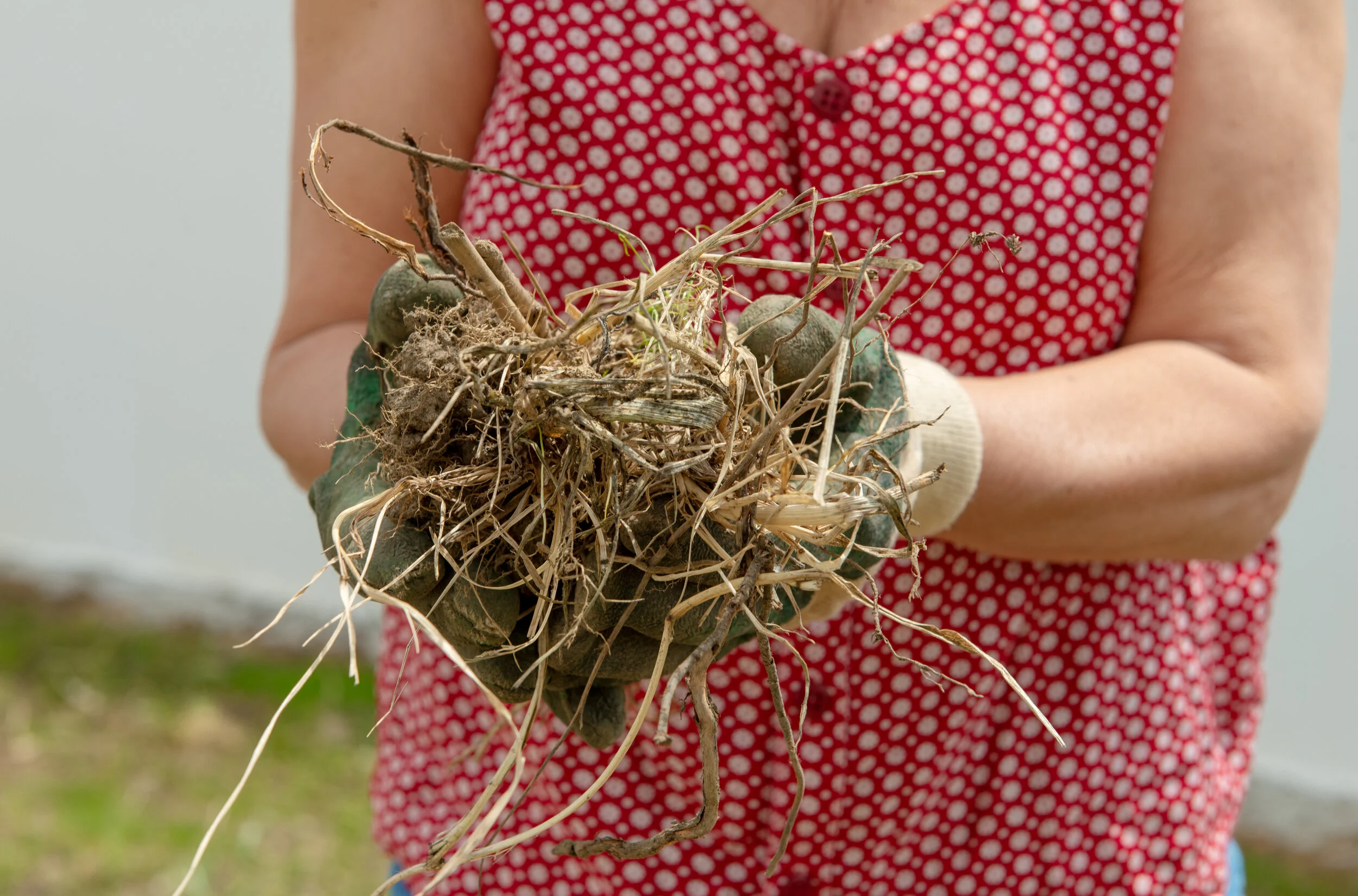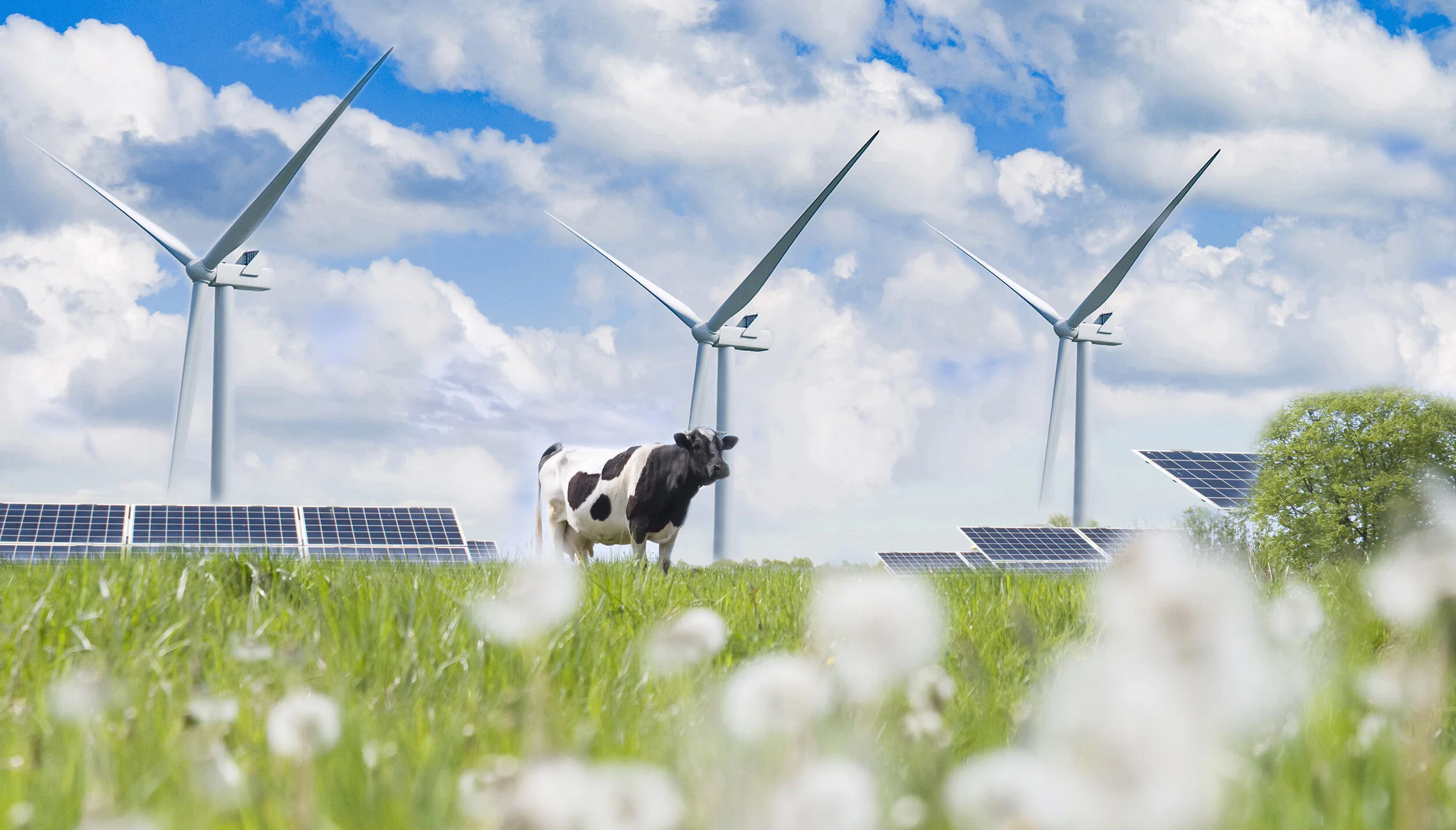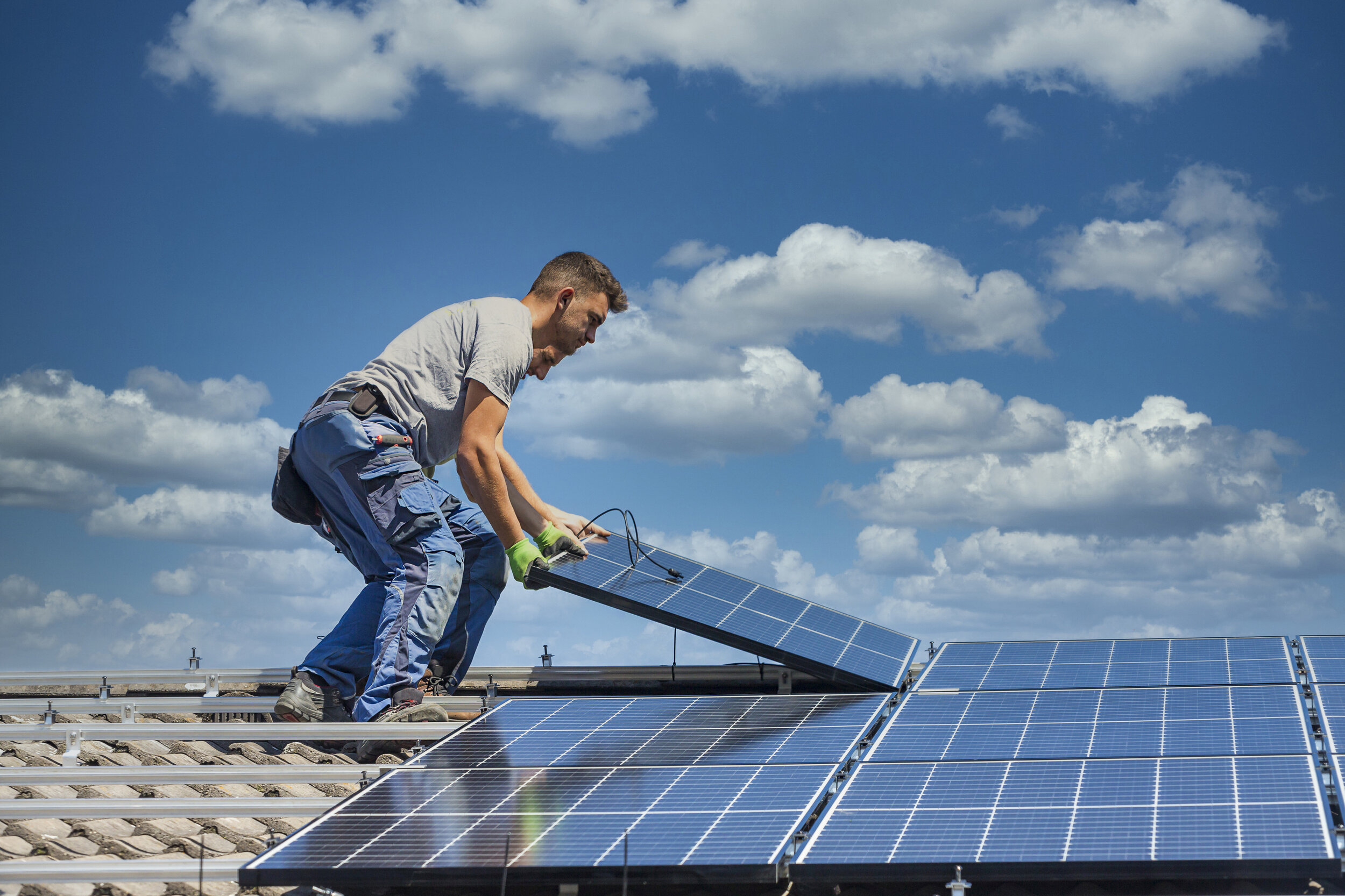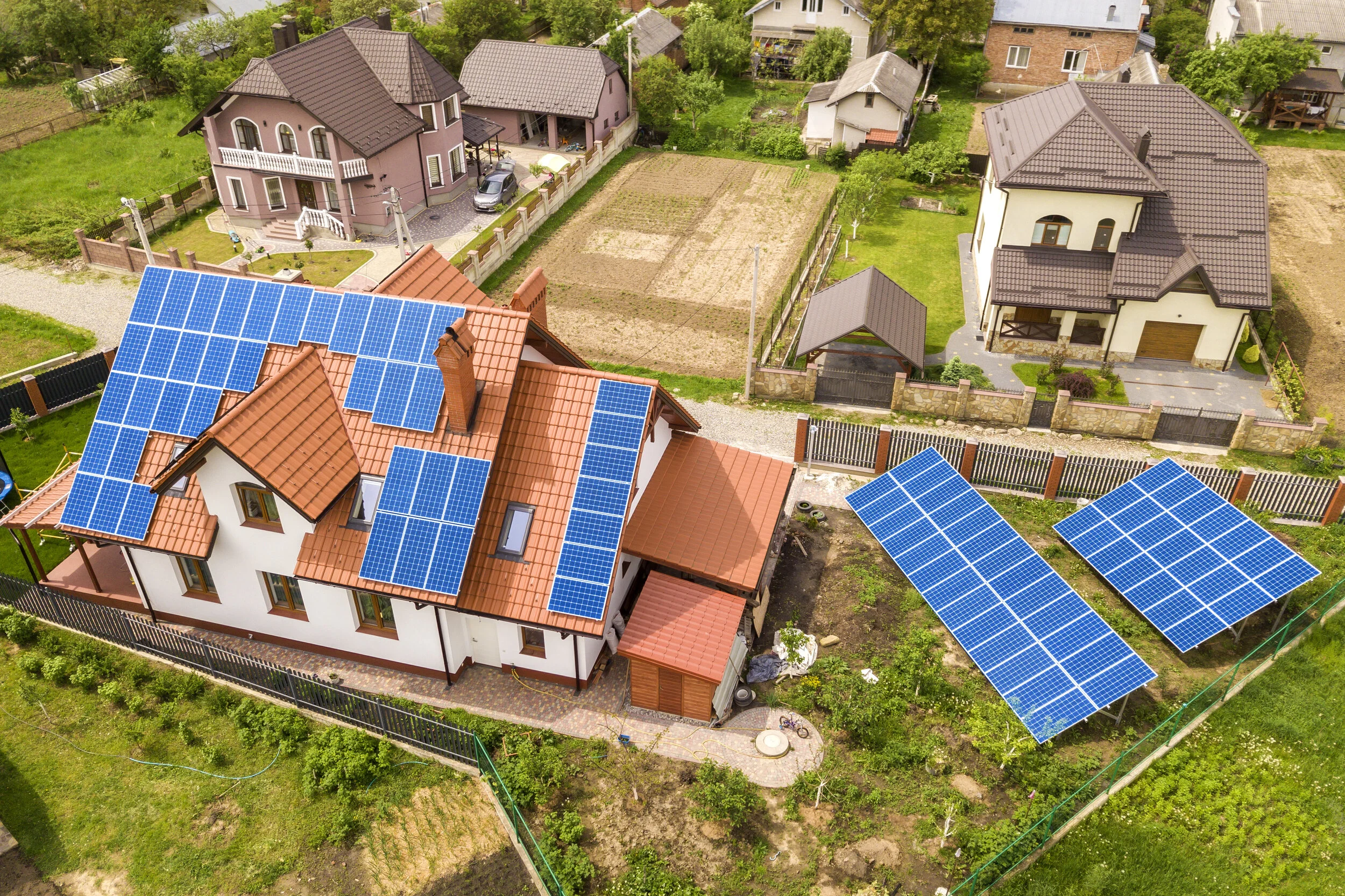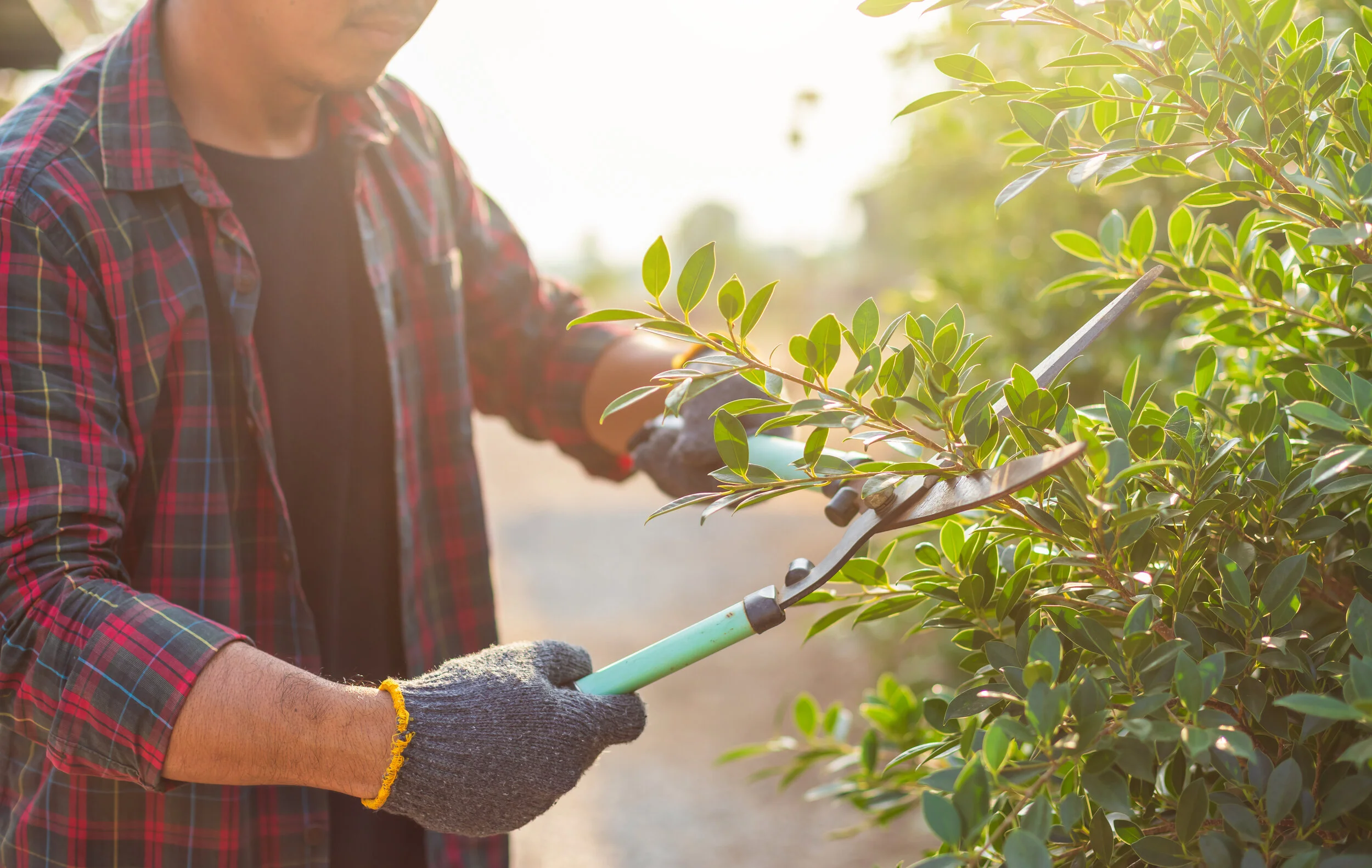Homeowners and landlords are always looking for ways to save on utility bills, particularly when it comes to energy consumption. Thus, building a solar panel system can help bring the cost of running a home to manageable levels. Additionally, the system utilizes natural light from the sun, thus protecting the environment by reducing the demand for other sources of power that harm nature.
For various reasons, not all homes or buildings are ideal for a solar panel system. For it to produce sufficient power, it requires maximum exposure to sunlight. Homes or buildings located in places where sunlight is obstructed may not be the best candidates for a solar panel system as it may not generate enough power to justify the investment.
That said, below are some of the things to consider when you want to build your solar panel system.
1. Insolation Rating
Insolation rating pertains to the amount of solar power that a given area receives. Factors like latitude, altitude, and distance to the sea affect the amount of solar power or radiation to a given location.
Insolation is measured in KWh/M2/day. The higher the rate, the better. If your area has a high insulation rating, solar panels can generate more power. For the power to be sufficient, a building will require a few solar panels installed.
Areas with low insolation ratings would require far more solar panels to generate enough power. The insolation rating is, therefore, one of the key factors to determine whether investing in a solar panel system is economically feasible.
2. The Surroundings
A solar panel's efficiency depends on the total surface area exposed to the sun and the environmental temperature. For the panel to generate sufficient power, maximum exposure between 10 am and 2 pm is preferable. The whole day is even better.
A home situated near tall trees or towering buildings can be obscured by shade during the day. Depending on the type of the panel you’ve installed, shade can affect the solar panel system’s optimal performance or result in complete dysfunction. A homeowner may opt to cut down an obstructing tree to manage shade, though it would be difficult to deal with shade caused by tall buildings. Take these factors into account before deciding to install a solar panel system.




